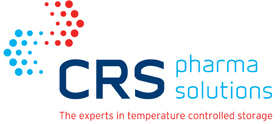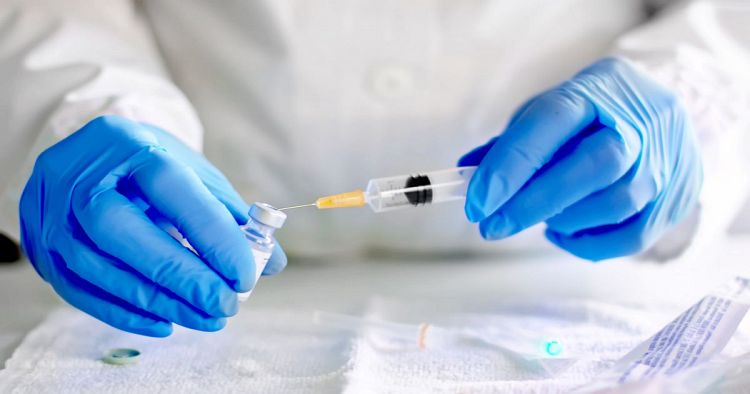The Coronavirus Vaccine – Where are we now?
With the Coronavirus epidemic dominating 2020, the pressure is on for pharmaceutical companies to find an effective vaccination. Due to the global reach of COVID-19, understanding how the vaccine is progressing can be difficult with different countries and pharmaceutical companies publishing a wide array of results.
Here we will be looking at the process of vaccinations and the major vaccine trials currently undergoing.
How are vaccines developed?
The development of vaccinations is a rigorous and experimental procedure in which it is an often occurrence the potential vaccine will be set back. According to GSK, a leading pharmaceutical company, there are four main vaccine development stages which must be undertaken to achieve a secure vaccination;
- Research
- Pre-Clinical Development
- Clinical development
- Phase 1
- Phase 2
- Phase 3
- Manufacturing
In each of the stages, different substages take place to reach trial milestones. For example, the research is linked with R&D whereby not only is the virus’ characteristics being researched, but the potential vaccine is also being developed.
In the pre-clinical testing stage, the most common and well-known substage is the testing of the vaccine on animals to collect data into the safety of the drug being used on living creatures.
The clinical development stage is where human testing starts resulting in it also being the most heavily scrutinised and observed stage. In these substages (Phases 1,2 and 3) the testing of the hypothesised vaccine is tested against internationally agreed principles. Despite positive results being shown in pre-clinical stages, this does not guarantee success for human participation and may produce adverse and harmful effects.
Phase 1
Testing on a small group of volunteers which focuses on the body and effects of the vaccine. Often the doses are given in different quantities at this stage to find the exact dosage desired.
Phase 2
Once positive results have been achieved, the process moves to experimenting with larger groups whereby a mix of patients with and without symptoms and the disease are participating.
During phase 2 trials, the performance of the drug may be tested against placebos (inactive treatments) and establishing how effective the vaccine is for treating the disease or preventing it.
Phase 3
The third stage is often the largest whereby, thousands of participants coming from different demographics and countries are tested. In this testing stage, it will establish the effectiveness of the vaccination alongside the correct dosage and if there are potential side effects when mixing with other medications.
Phase 3 may last several years, and once positive results are achieved across the sample of participants, can the trial move to regulatory bodies to be approved.
Once the trials have been concluded and medical regulatory bodies have approved the potential vaccine, the vaccine will move to the manufacturing stage where it is mass produced by facilities already in agreement to support the demand of supply for a new vaccine.
It is important to note that even after the testing and trials are concluded, and the vaccine is in a mass production stage, the vaccine undergoes a thorough evaluation of its performance and success in different areas.
The Coronavirus Vaccine Trials
These are the major players in the global race for the Coronavirus vaccine:
- Ad5-nCoV (CanSino Biologics)
- AZD1222 (The University of Oxford; AstraZeneca; IQVIA; Serum Institute of India)
- CoronaVac (Sinovac Research and Development Co., Ltd.)
- mRNA-1273 (Kaiser Permanete Washington Health Research Institute)
- Unnamed (The Wuhan institute of biological products; Sinopharm)
- BNT162 (Pfizer and BioNTech).
Despite the increasingly growing amount of trials (currently 46), new developments are occurring daily which is halting both results and research. For example, the AZD1222 was temporarily paused in its 3rd phase from the 6th till the 12th of September.
The standard review process of clinical trials triggered an automatic pause until the Medicines and Healthcare products Regulatory Authority (MHRA) confirmed their investigation resulted in recommendations that the trials are safe to resume.
This unknowable timeframe of the coronavirus vaccination will be impacted drastically by the supply chain and distribution of the product once mass-produced. Whilst developing a working vaccination is one complicated challenge, the second will be to find the best environments in which to store and maintain its efficacy.
This point has been drastically debated throughout the trial process; some pharmaceutical companies have been suggesting -20°C is the handling temperature, whereas many view the vaccine will need an ultra-low of -70°C.







